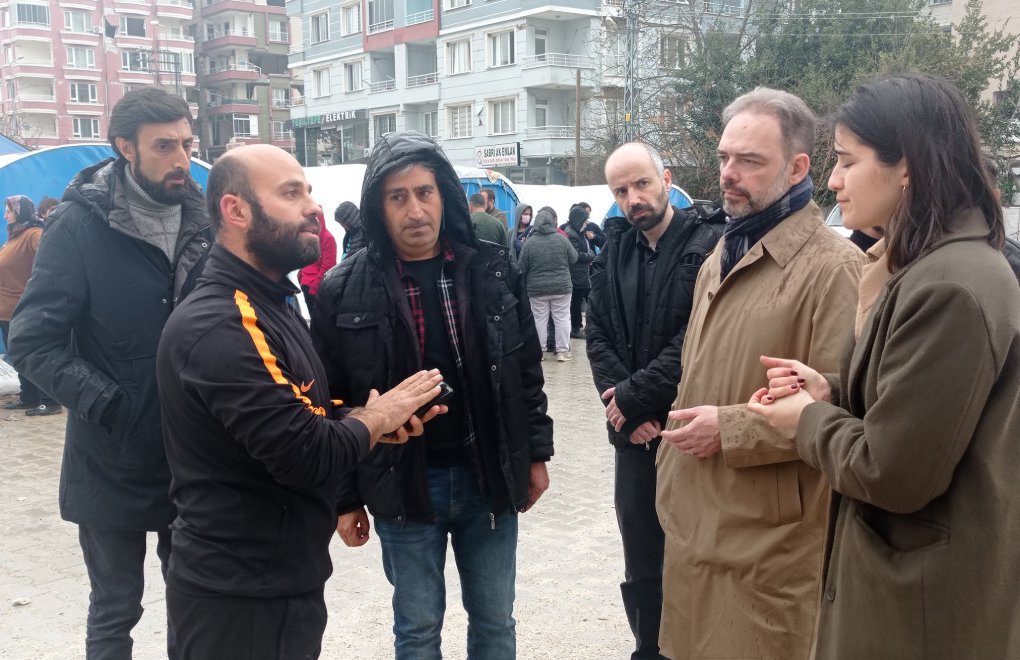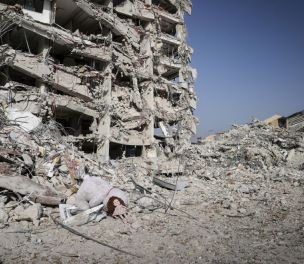Click to read the article in Turkish
The state of emergency declared in 10 earthquake-hit provinces exacerbated the difficulties faced by journalists, the executive director of the International Press Institute (IPI) has said.
"In Turkey, freedom of expression over the years had gotten worse and the state of emergency just created yet another layer on the complications for journalists to do their job," Frane Maroevic said during a visit to Hatay, a province heavily hit by last month's massive quakes.
The government declared a three-month state of emergency in 10 provinces, due to which journalists have to get special accreditation to report from the earthquake zone.
"It is clear that authorities are preventing [journalists] from reporting independently from the ground, said Maroevic.
However, he said, reporters in the field still want to "tell the truth."
"They still want to report because they believe that it is important to tell the stories of the people who survived and are still struggling to live there," he remarked, adding that he expects more pressure on journalists ahead of the May 14 elections.
The delegation was not able to meet the authorities despite their requests, Maroevic further said.
IPI delegation starting visit to the #TurkeyQuake region to better understand devastating impact of the quake on journalists & what is needed to rebuilt journalism.
— IPI - The Global Network for Independent Media (@globalfreemedia) March 14, 2023
1st stop-Çukurova Journalists Association in #Adana before heading to the critically quake-hit province of #Hatay. pic.twitter.com/Utp3c1tLjK
Media restrictions after the earthquakes
After the quakes, several journalists were briefly detained in the quake-hit region while courts blocked access to some online news reports and articles about the disaster.
Also, two days after the quakes, the authorities restricted the bandwidth of Twitter for nearly an entire day, effectively blocking access to the platform without a VPN or proxy connection. The restriction was lifted after widespread criticism that Twitter had an important role in rescue efforts, with many people under the rubble tweeting their locations to call for help.
Some 173 people were detained because of their social media posts about the quakes, and 43 of them were remanded in custody, according to a March 13 statement by the police.
Some of the social media users and at least one journalist faced "spreading disinformation" charges according to a controversial law enacted in October.
On February 6, two earthquakes with a magnitude of 7.7 and 7.6 struck the southern city of Maraş.
The quakes caused destruction in 10 cities in Turkey's south and southeast, as well as Syria's northern parts, where over 5,000 people were killed.
The official death toll from the quakes stands at over 48,000 and is expected to increase further, as over 227,000 buildings were destroyed or severely damaged, according to government figures. (HA/VK)






as.jpg)
